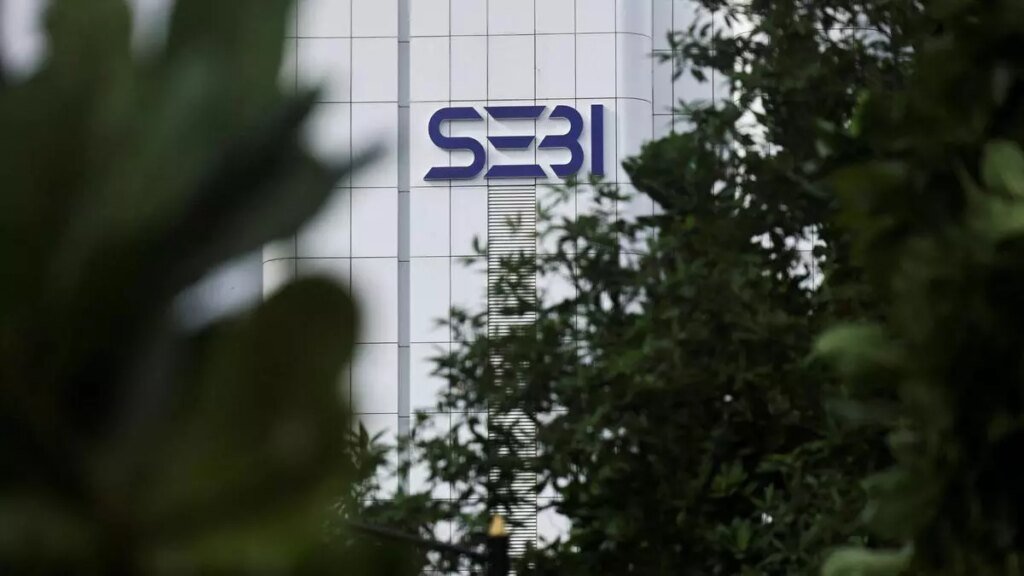Loose ends in SEBI’s colo scam and other probes

The Securities and Exchange Board of India’s (SEBI’s) recent order against the National Stock Exchange (NSE), its office bearers and OPG Securities has brought the long-drawn investigation into the NSE colocation scam to an end — more than a decade after the event. The order has turned out to be an anti-climax; the regulator has dismissed the case against the NSE and its former top brass including Chitra Ramakrishna and Ravi Narain.
It has overturned its earlier directions asking the NSE to disgorge ₹625 crore, and its key managerial persons to disgorge part of their salaries for the relevant years. The stockbroker, OPG, who gained unfair access to NSE’s colocation facilities by logging on to the exchange’s secondary server consistently between 2012 and 2014 has, however, been asked to disgorge ₹85.25 crore along with interest, an increase from the ₹15.57 crore specified in the SEBI order in 2019. The recent order was not unexpected. The Securities Appellate Tribunal (SAT) had set aside SEBI’s 2019 order and asked the regulator to examine if there is any evidence of collusion between the exchange, its officials, and OPG Securities. Multiple scrutiny of official emails and other communications by external experts threw up no evidence of such connivance. Besides, it was shown that all stockbrokers had access to the secondary server of the colocation facility and 93 of them frequently logged in through that route between 2012 and 2014. Therefore, SEBI had no option but to drop the case against NSE and its officials.
However, the case shows the investigative skills of the regulator in poor light. The NSE colocation case involved three orders from the SEBI, one from the SAT and studies by numerous external agencies including IIT Bombay, Deloitte, EY and ISB. Instead of wasting time and money, SEBI should have realised the challenges in establishing the link much earlier and closed the case. The entire case, based on a whistleblower’s letter in 2015, was used by the detractors of NSE to tarnish its reputation as the country’s most respected stock exchange. Although the regulator had no concrete evidence, it went ahead with the disgorgement order in 2019 on the grounds that the exchange had not implemented adequate controls in the colocation facility, thereby granting an unfair advantage to OPG Securities. There were inconsequential details in the 2019 order which had sought to malign the character of one of the top officials of NSE. Such unsubstantiated orders don’t do any good to the reputation of SEBI as the stock market regulator.
There are multiple instances of SEBI’s orders being overturned by SAT, displaying lack of rigour in its investigation. Orders in cases such as the one on disgorgement in the Satyam case, cancelling the licence of Brickwork Ratings and the ruling against Subhash Chandra and his son in the Zee Entertainment case have been overturned by SAT for not following uniformity in approach, relying on presumptions rather than proof and going against established legal principles. SEBI needs to pull up its socks, clearly.








